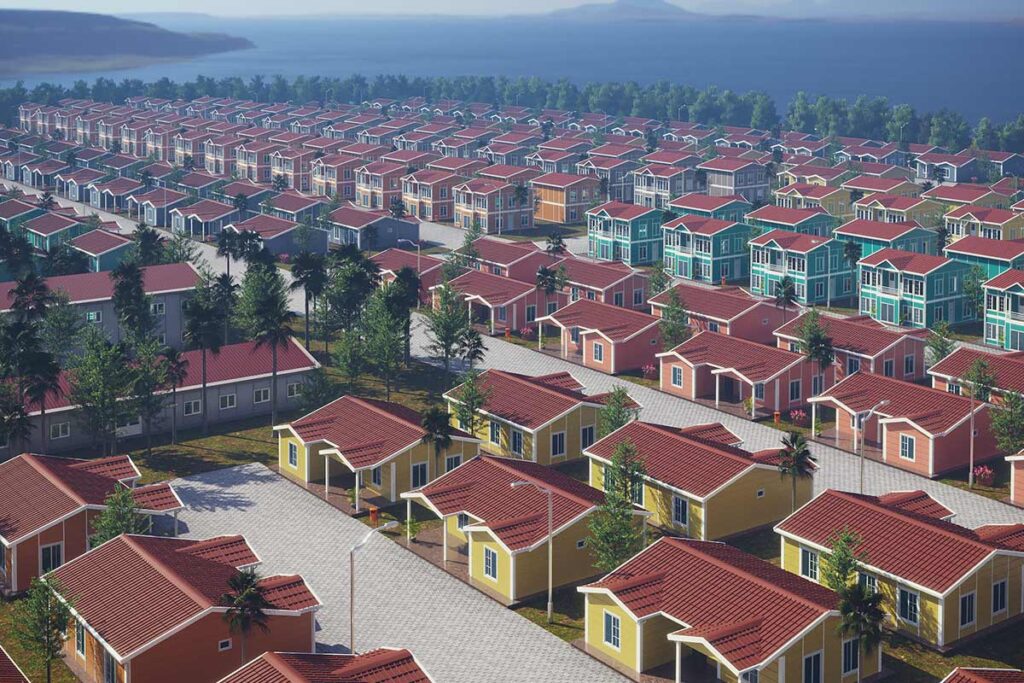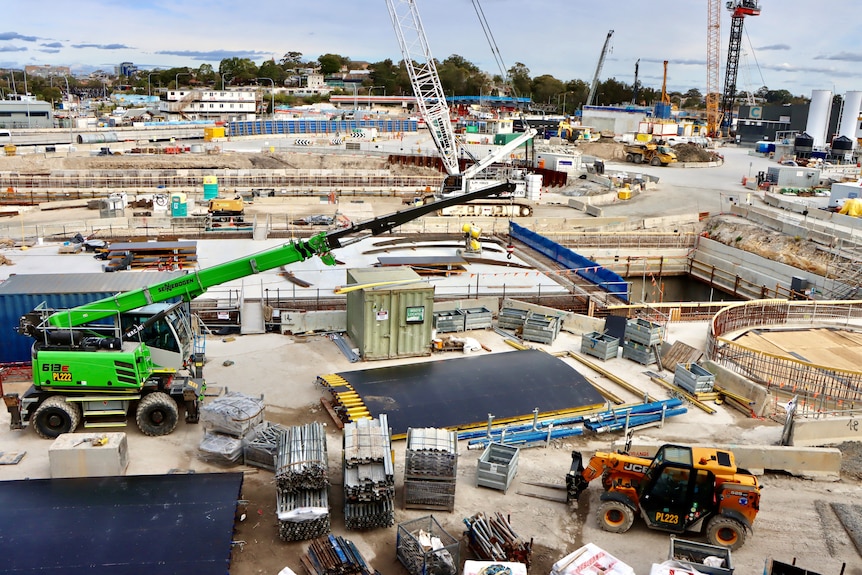Welcome to this week’s newsletter, a wrapped package with insights across crucial sectors. This piece explores an everyday need that not everyone is privileged to have. At the end of the day, the lion goes to its cave, the bird to its nest, the dog to its kennel, but not every man gets the opportunity for shelter over his head. Housing challenges have been a delicate issue in Nigeria for many years, and it still is today.
Many started experiencing the challenge at higher institutions, during apprenticeship, relocation, or other circumstances. Whether you are directly involved or know someone in this situation, we all understand that life is not complete without a place to call home.
In this article, I will take you behind the scenes to uncover the challenges of housing in Nigeria, shedding light on the current state of affordable housing and suggesting ways forward to salvage the situation. So let’s get moving!
“It’s disheartening to note the high prices of houses in Lagos, Nigeria, especially when compared to more luxurious options overseas. It’s concerning that these Nigeria houses often lack the reputation for exquisite design and luxury, yet demand such a hefty price tag. Just POP, high roofs and tarred walkway, realtors will be demanding your life-saving. Addressing this issue would greatly benefit many.” says Jare Edward dweller at Ayetoro, Lagos.
Without any reservation, housing stands as a fundamental gauge of any economy’s condition, alongside food and clothing, constituting three basic human needs. The accessibility of decent homes at affordable prices serves as a pivotal indicator of a country or economy’s overall well-being.
Numerous developed nations globally have successfully evolved their housing sectors to meet the escalating demand for housing, catering to residents, visitors, tourists, and particularly addressing the housing needs of the less fortunate in the citizenry.

In Nigeria, affordable housing remains an elusive prospect for the majority, particularly the middle and lower socioeconomic classes. The increasing housing costs demand serious consideration. While various factors contribute to this issue, the undeniable reality is that Nigeria faces a significant challenge in addressing housing affordability, especially when it comes to the cost of building or renting homes in the country.
Bridging Nigeria’s housing deficit presents a substantial, yet untapped, investment opportunity within the real estate sector. To effectively bridge this gap for the country’s increasing population, concerted efforts are imperative from both the housing and construction sectors.
Eze Chidi, a seasoned building expert and contractor, highlights the housing crisis in the country, stating,
“The housing demand in the country is in crisis due to the gap between the need for housing and the ability to afford desired types. While acknowledging the need for housing, it’s vital to understand that people can only seek what they can afford. The soaring costs of building materials, skilled labor, public infrastructure, and cement prices, contribute to this challenge. Everyday increase in hiring costs for labor and building materials, coupled with expensive transportation expenses, make achieving low-cost housing in the country a weak prospect”
Mitigating this challenge could be achieved through deliberate private sector engagement in the housing industry. Crucial to this effort is the development of essential infrastructural facilities such as roads, water, electricity, and sewerage systems. These amenities not only incentivize private sector participation in housing provision but also contribute to the adoption of advanced construction technologies.
The current lack of these fundamental infrastructural components has not only exacerbated housing deficits but also hindered substantial investments due to the minimal return on investment (ROI).

Moreover, adverse macroeconomic trends, rapid urbanization, and significant population growth have impeded the affordability of housing in Nigeria. Oluwafemi Gabriel contends that these factors, combined with various others, persistently undermine both local and international endeavors aimed at providing a more robust housing sector.
In Oluwafemi’s words:
“It’s really painful to see how things like more people moving to cities, high population, and other issues are hurting Nigeria’s growth. The problems like inflation, unemployment, and a weak foreign exchange base make things tough, especially for the housing sector. Many folks leaving rural areas for city opportunities add to the struggle, making it a tough situation for the country’s overall progress.”
Complete eradication of housing problems is a formidable challenge, even in developed nations where pockets of homelessness persist. Nigeria, as the most populated country in Africa with over 200 million people, faces a particularly daunting task, given the substantial urban population. Relying solely on the government for a solution may prove unrealistic, given the disproportionate growth of Nigeria’s population compared to available resources.
Seun Kehinde, a Realtor, believes that a collaborative approach between the government and the private sector is a crucial strategy to effectively tackle the affordable housing crisis.
“Collaboration between the government and private sector is crucial to speed up the goal of providing a home for every Nigerian family. The government needs to make it easier for private developers by implementing favorable policies, simplifying regulations, and ensuring access to affordable financing. At the same time, the private sector should work in sync with the government’s vision, ensuring that housing projects align with the needs of the people they aim to serve.”
She says,

Effective collaboration should extend beyond the government and private sector to encompass non-governmental organizations, community leaders, and financial institutions. Engaging these stakeholders facilitates a holistic approach to low-cost housing, integrating social, economic, and environmental considerations. Involving the community in the planning and implementation process ensures that the resulting housing projects are not only sustainable but also tailored to meet the specific needs of the residents.
Tackling Nigeria’s affordable housing challenge requires a well defined strategy. By addressing the root causes of poor affordability and fostering collaborations between public and private entities, we can pave the way for a more inclusive and sustainable housing sector. Together, we can work towards a future where every Nigerian has access to safe, decent, and affordable housing, ensuring a brighter and more prosperous tomorrow for all.




